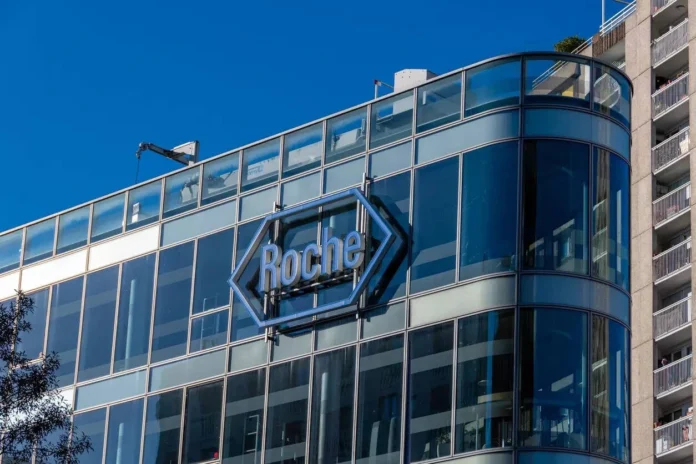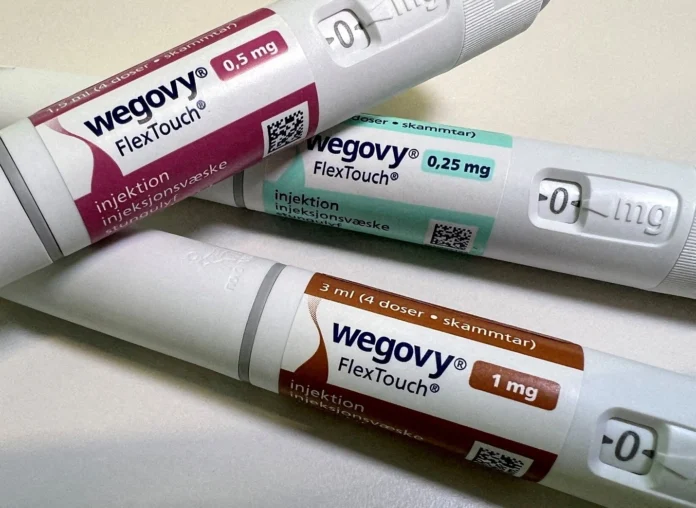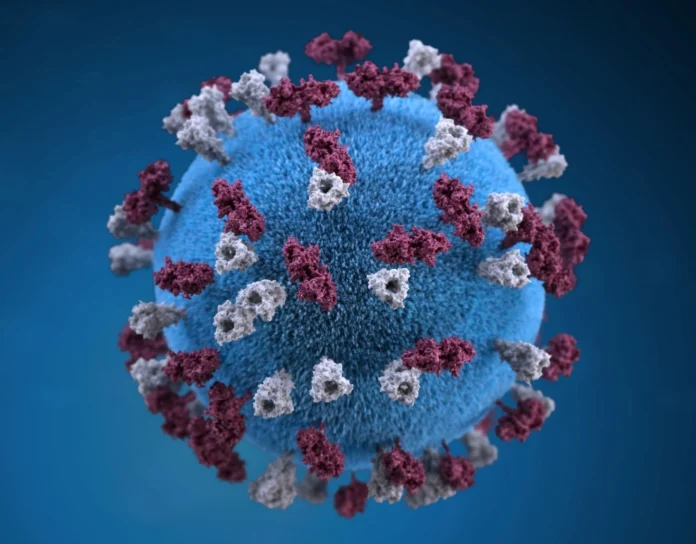Roche’s Tecentriq reduces recurrence, deaths for certain colon cancer patients
Adding Roche’s (ROG.S), opens new tab immunotherapy drug Tecentriq to chemotherapy after surgery in certain patients whose colon cancer had spread to the lymph nodes led to a 50% reduction in cancer recurrence and death compared to chemotherapy alone, according to trial data presented at recent medical meeting.
Patients in the study had tumors with a genetic defect known as deficient DNA mismatch repair, or dMMR. About 15% of colon cancer patients have dMMR tumors, which do not respond well to chemotherapy.
“The findings from our study represent a major advance in the adjuvant treatment of dMMR stage 3 colon cancer and will now change the treatment for this type of cancer,” study leader Dr. Frank Sinicrope of the Mayo Clinic in Rochester, Minnesota said in a statement.
The data, opens new tab were presented at the ASCO meeting that concluded earlier this week.
The trial enrolled 712 patients with dMMR stage 3 colon cancer that had been surgically removed and who had cancer cells in their lymph nodes.
Half of the study participants received chemotherapy along with Tecentriq, which activates the immune system to attack and kill cancer cells, for six months, followed by the immunotherapy alone for another six months.
The other half of the patients received chemotherapy for 12 months.
The benefit of Tecentriq was seen even in the oldest patients and those at particularly high-risk.
“It’s extremely rewarding to be able to offer our patients a new treatment regimen that can reduce the risk of recurrence and improve their chances of survival,” Sinicrope said.











